US is duty-bound to help Iraq wipe out the IS
Updated: 2015-06-17 07:45
By Wang Hui(China Daily)
|
||||||||
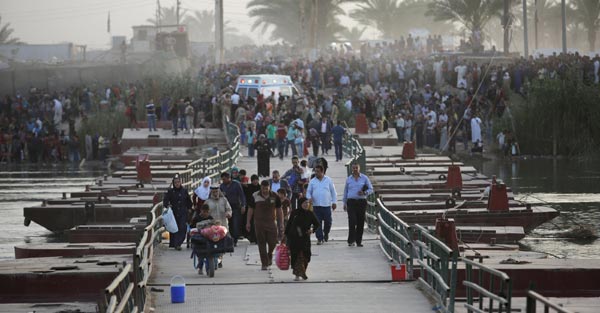 |
|
Displaced Sunni people, who fled the violence in the city of Ramadi, arrive at the outskirts of Baghdad, May 19, 2015. [Photo/Agencies] |
The US decision to send more troops to Iraq to help fight the Islamic State is not a strategic but a tactical shift, which is not expected to alter the battle against the terrorist group. On Saturday, about 80 US military advisers who reached Iraq's western province of Anbar to train Iraqi forces and Sunni tribal fighters were greeted by suicide car attacks and an air strike on the IS that killed a total of 41 people.
Three days before, the White House announced that US President Barack Obama had authorized the deployment of up to 450 more American military personnel in Iraq to train and assist the Iraqi forces fighting the IS group. The decision will increase the number of US military personnel in Iraq to about 3,550, the highest after the US pullout at the end of 2011.
Yet judging by the past year's happenings in Iraq, one cannot say that a small step in US military maneuverability will bring about a big change in its fight against the IS. For several months Washington has been leading a coalition to launch daily air strikes on the IS group in Iraq. But still there are no significant signs of weakening of the terrorist group. According to a UN report, terrorism and violence claimed the lives of at least 12,282 civilians and left 23,126 injured in 2014, making it the deadliest year for Iraq since 2006-07.
Some 80 percent of Iraq's Anbar province has fallen into the hands of the IS, and Iraqi forces have failed to retake the northern city of Mosul from the terrorist group even after one year.
Many experts believe that without close cooperation of ground troops, air strikes alone cannot debilitate the IS group. On the surface, the incapability of Iraqi security forces and sectarian rifts between Shi'ites and Sunnis are believed to be the main reasons for Iraq's repeated setbacks in its fight against the IS.
But in the final analysis, the US-led invasion of Iraq, and its hasty withdrawal, and the big mess and security vacuum it has created are to blame for the tricky situation the country finds itself in today.
Building a country's military and security muscle usually takes months or even years. Hence, the US' speedy training program will not bring about any significant improvement in Iraqi forces' combat capabilities. Also, the lack of commitment to a political process for reconciliation between different Iraqi factions means the chance of a more unified Iraq taking on the IS is bleak.
The tense relations between the US and Iraq, evident in US Defense Secretary Ashton Carter's criticism of Iraq last month, also cast a doubt on the effects and efficiency of the training program. Carter criticized the Shi'ite-dominated security forces for lacking the "will to fight" after they lost the battle for Anbar's provincial capital of Ramadi despite "vastly outnumbering" the IS attackers.
But, as some people have said, the biggest problem is that the US still does not have a concrete strategy even one year after the IS group began wreaking havoc in the Middle East. In fact, Obama said as much at the recent G7 summit in Germany. The US president conceded that his administration does not "have a complete strategy because it requires commitments on the part of the Iraqis".
For years, the world sole superpower has adopted a policy of intervention in the region which aims to seek its own selfish gains only.
The US has to shoulder the responsibility of helping Iraq and the region at large to wipe out the IS. The world's sole superpower should allocate more resources and devote more energy to the international fight against the IS, because it created the Middle East mess in the first place.
The author is a senior writer with China Daily. wanghui@chinadaily.com.cn
 Warriors beat Cavaliers to clinch NBA title
Warriors beat Cavaliers to clinch NBA title
 Saving dogs from dog meat carnival
Saving dogs from dog meat carnival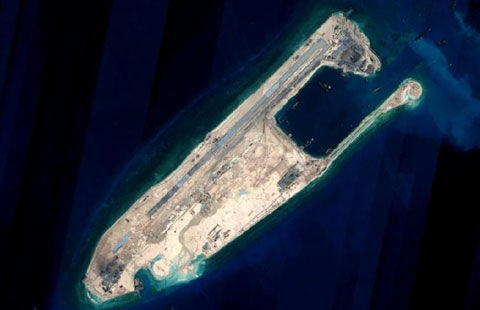
 Ten photos you don't wanna miss - June 17
Ten photos you don't wanna miss - June 17
 Race-goers get ahead with hats
Race-goers get ahead with hats
 Top 10 most valuable auto brands in the world
Top 10 most valuable auto brands in the world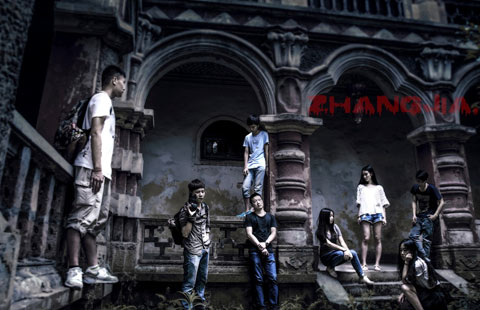
 Ten photos you don't wanna miss - June 16
Ten photos you don't wanna miss - June 16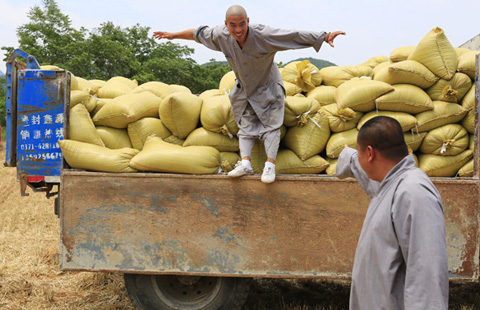
 Shaolin monks harvest bumper crop
Shaolin monks harvest bumper crop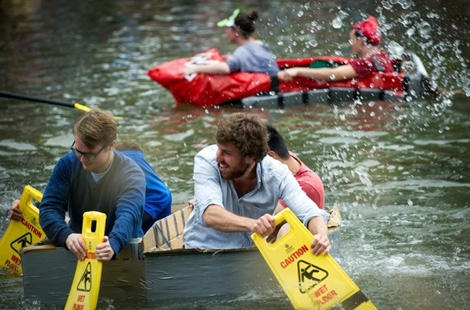
 Cambridge students mark end of exam with boat race
Cambridge students mark end of exam with boat race
Most Viewed
Editor's Picks

|

|

|

|

|

|
Today's Top News
Donald Trump announces bid for US presidency
Vote to begin on Hong Kong's election reform
US is duty-bound to help Iraq wipe out the IS
China, US spearhead MERS fight
Key China-US talks
next week
Jeb Bush announces bid for 2016 Republican presidential run
China military says two more top officers probed for graft
Alibaba set for online video-streaming launch
US Weekly

|

|







